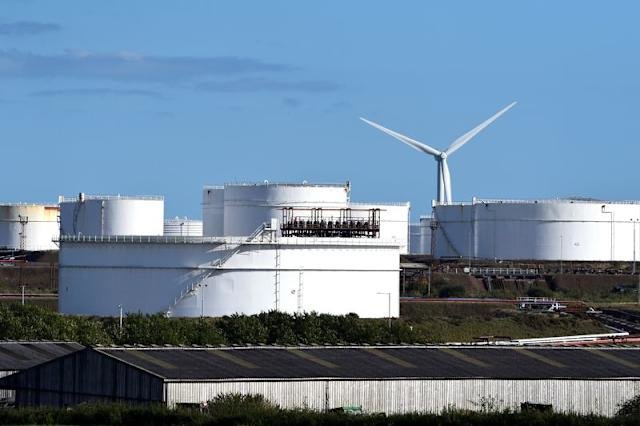
UK Energy Watchdog Flags Rising Risk of Gas Shortages Despite Falling Demand
National Energy System Operator warns that slower drop in peak-day demand and shrinking North Sea output threaten supply security in early 2030s
Britain’s newly formed National Energy System Operator (NESO) has issued a stark warning that the country could face gas-supply shortfalls on the coldest days over the next decade — even as overall gas demand continues to fall.
In its first formal assessment of gas security since being established in 2024, NESO highlighted that although total demand is declining, peak-day demand — driven by winter heating and power generation — is falling much more slowly, creating growing stress on supply infrastructure.
([Reuters][1]) The report, which projects conditions for winters 2030/31 and 2035/36, points to sharply reduced output from the UK Continental Shelf (UKCS), closures of ageing onshore storage facilities, and only partial replacement by imports of liquefied natural gas (LNG), pipeline imports chiefly from Norway, biomethane and European-pipe supplies.
([Reuters][1]) NESO cautioned that if decarbonisation slows or a major piece of infrastructure fails, under all supply-pathway scenarios the system could come under “significant risk.” ([Financial Times][2]) The analysis underscores the continuing role of natural gas in the UK’s energy mix — particularly during periods of low renewable-power generation or intense cold.
NESO’s director for energy systems and resilience said gas remains essential to keeping homes heated, powering industry and stabilising electricity supply when renewable output is constrained.
([Reuters][1]) To safeguard supply, NESO is recommending active demand-management tools for winter peaks, better use of existing network infrastructure, and development of alternative supply sources or storage facilities to shore up resilience.
([Reuters][1]) The report has prompted renewed debate over how the UK balances its clean-energy transition with maintaining sufficient backup for its energy-intensive winters — especially as storage capacity remains limited compared with major European peers.
([Financial Times][2]) With scarce domestic production and storage, the coming years will test whether the UK can successfully navigate the transition — ensuring low-carbon ambitions without risking energy security when demand spikes.
In its first formal assessment of gas security since being established in 2024, NESO highlighted that although total demand is declining, peak-day demand — driven by winter heating and power generation — is falling much more slowly, creating growing stress on supply infrastructure.
([Reuters][1]) The report, which projects conditions for winters 2030/31 and 2035/36, points to sharply reduced output from the UK Continental Shelf (UKCS), closures of ageing onshore storage facilities, and only partial replacement by imports of liquefied natural gas (LNG), pipeline imports chiefly from Norway, biomethane and European-pipe supplies.
([Reuters][1]) NESO cautioned that if decarbonisation slows or a major piece of infrastructure fails, under all supply-pathway scenarios the system could come under “significant risk.” ([Financial Times][2]) The analysis underscores the continuing role of natural gas in the UK’s energy mix — particularly during periods of low renewable-power generation or intense cold.
NESO’s director for energy systems and resilience said gas remains essential to keeping homes heated, powering industry and stabilising electricity supply when renewable output is constrained.
([Reuters][1]) To safeguard supply, NESO is recommending active demand-management tools for winter peaks, better use of existing network infrastructure, and development of alternative supply sources or storage facilities to shore up resilience.
([Reuters][1]) The report has prompted renewed debate over how the UK balances its clean-energy transition with maintaining sufficient backup for its energy-intensive winters — especially as storage capacity remains limited compared with major European peers.
([Financial Times][2]) With scarce domestic production and storage, the coming years will test whether the UK can successfully navigate the transition — ensuring low-carbon ambitions without risking energy security when demand spikes.










